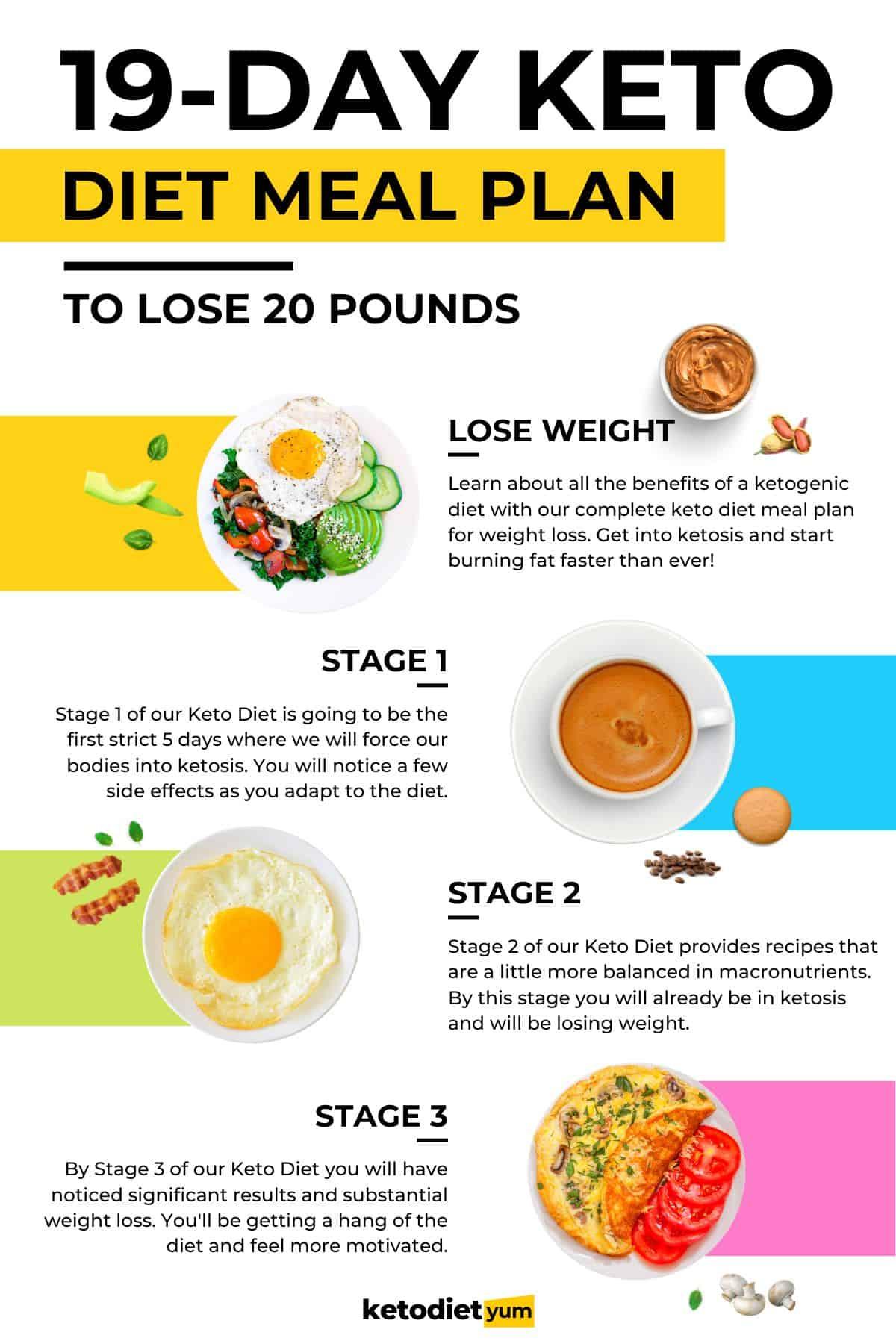In the pursuit of muscle growth, the importance of protein intake is well-documented, yet the concept of protein timing often remains overlooked. Understanding not only how much protein to consume but also when to consume it can significantly enhance muscle synthesis and recovery. This article delves into the intricacies of protein timing, providing a comprehensive guide to optimizing your nutritional strategy for maximum muscle growth. By examining current research and expert insights, we will clarify how the timing of protein consumption can be a game-changer in your fitness regimen. Whether you’re a seasoned athlete or new to strength training, mastering the art of protein timing is an essential step toward achieving your muscle-building goals.
Understanding Protein Timing and Its Impact on Muscle Synthesis
Timing your protein intake can significantly influence muscle protein synthesis, a crucial process for muscle growth and recovery. When you consume protein, your body breaks it down into amino acids, which are then used to repair and build muscle tissue. Strategically planning your protein intake around your workouts can optimize these processes. Research suggests that consuming protein within a 30-minute to 2-hour window post-exercise can enhance muscle protein synthesis. This period, often referred to as the “anabolic window,” is when your muscles are most receptive to nutrient uptake.
To effectively leverage protein timing for muscle growth, consider the following practices:
- Pre-Workout Protein: Consuming a small amount of protein before your workout can supply your muscles with the necessary amino acids during training.
- Post-Workout Recovery: A post-exercise protein shake or meal can kickstart recovery and muscle repair.
- Consistent Protein Distribution: Spreading your protein intake evenly throughout the day can maintain a positive muscle protein balance.
By aligning your protein intake with your workout schedule, you can maximize your muscle-building potential and enhance recovery, ensuring you achieve your fitness goals more efficiently.

Maximizing Muscle Growth with Strategic Protein Intake
Understanding the science behind protein timing can significantly enhance your muscle-building efforts. Consuming protein at strategic times throughout the day ensures that your muscles receive a constant supply of amino acids, which are essential for repair and growth. Research suggests that spreading protein intake evenly across meals is more effective than consuming large amounts in one sitting. Aim to include a source of protein in each meal to maximize muscle protein synthesis.
Key strategies for effective protein timing include:
- Post-Workout Intake: Consume a protein-rich meal or shake within 30 to 60 minutes after exercising to jumpstart recovery.
- Pre-Sleep Protein: Having a slow-digesting protein, like casein, before bed can provide a steady supply of amino acids during the night.
- Regular Meal Intervals: Eating every 3 to 4 hours helps maintain a positive protein balance, crucial for muscle growth.
The Science Behind Optimal Protein Timing for Athletes
Understanding the intricacies of protein timing is crucial for athletes aiming to maximize muscle growth and recovery. Research indicates that the timing of protein intake can significantly influence muscle protein synthesis, which is essential for building and repairing muscle tissue. Consuming protein in close proximity to your workout, particularly within the anabolic window of about 30 minutes to two hours post-exercise, can enhance the body’s ability to utilize these nutrients efficiently. This practice not only aids in muscle repair but also helps in reducing muscle soreness and promoting faster recovery.
To optimize protein timing, athletes should consider:
- Pre-workout protein: Consuming a moderate amount of protein before exercising can provide the necessary amino acids to support muscle repair during the workout.
- Post-workout protein: A quick-absorbing protein source, such as whey, is ideal immediately after exercise to kickstart recovery processes.
- Consistent daily intake: Distributing protein intake evenly throughout the day can help maintain a positive protein balance, crucial for muscle growth.
While individual needs may vary, strategically timing protein consumption can play a pivotal role in achieving athletic performance goals. By aligning protein intake with training sessions, athletes can leverage the full benefits of their nutritional strategy.

Practical Guidelines for Effective Protein Consumption
To optimize muscle growth, it’s crucial to not only focus on the quantity of protein but also on when it’s consumed. Strategic timing of protein intake can significantly enhance muscle protein synthesis. Here are some guidelines to help you make the most of your protein consumption:
- Post-Workout Nutrition: Aim to consume a protein-rich meal or shake within 30 to 60 minutes after exercising. This window is often referred to as the “anabolic window” where your muscles are primed to absorb nutrients effectively.
- Consistent Intake Throughout the Day: Distribute your protein intake evenly across meals to sustain muscle protein synthesis. This means including a source of protein in each meal and snack.
- Pre-Sleep Protein: Consider a slow-digesting protein source, such as casein, before bed to support overnight muscle repair and growth.
By incorporating these practices into your routine, you can maximize the benefits of protein for muscle development. Consistency and timing are key components in leveraging protein’s full potential for your fitness goals.




